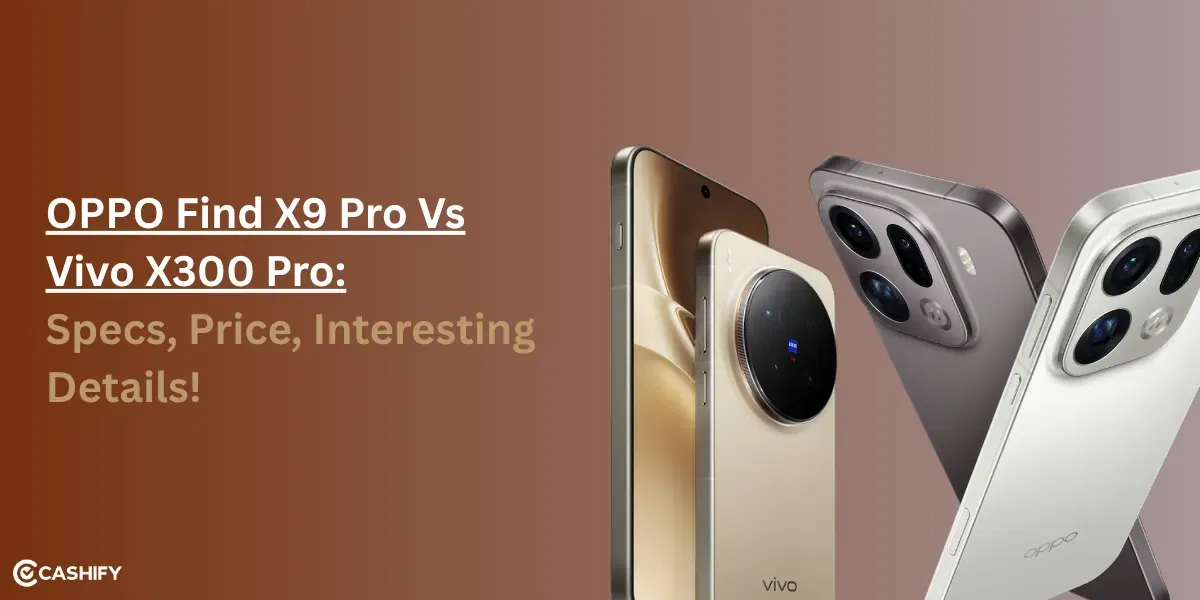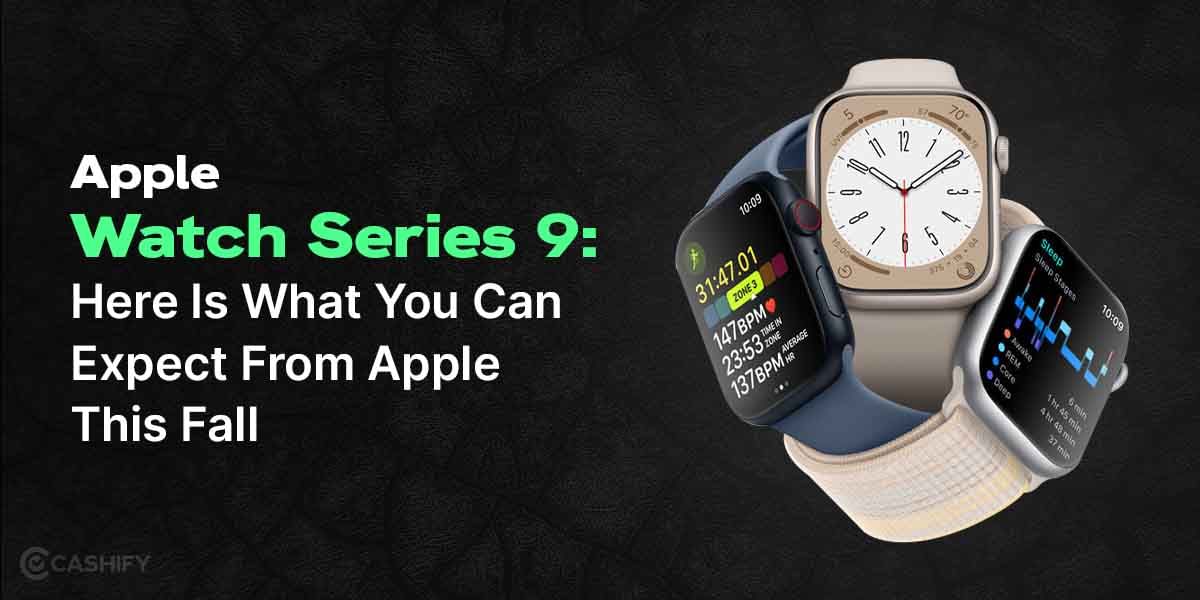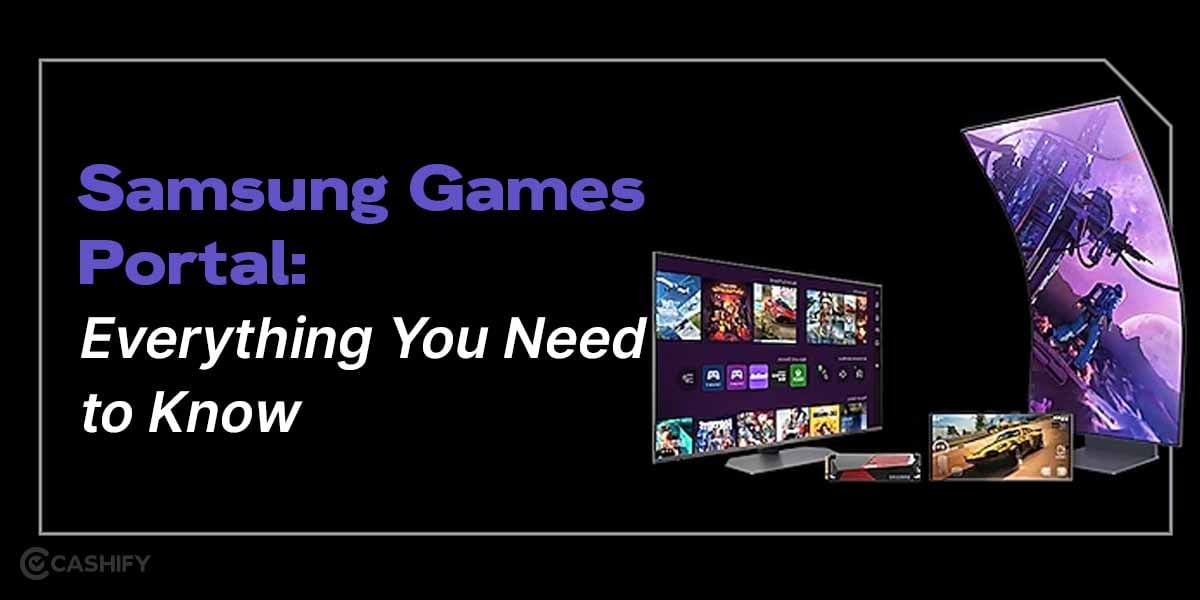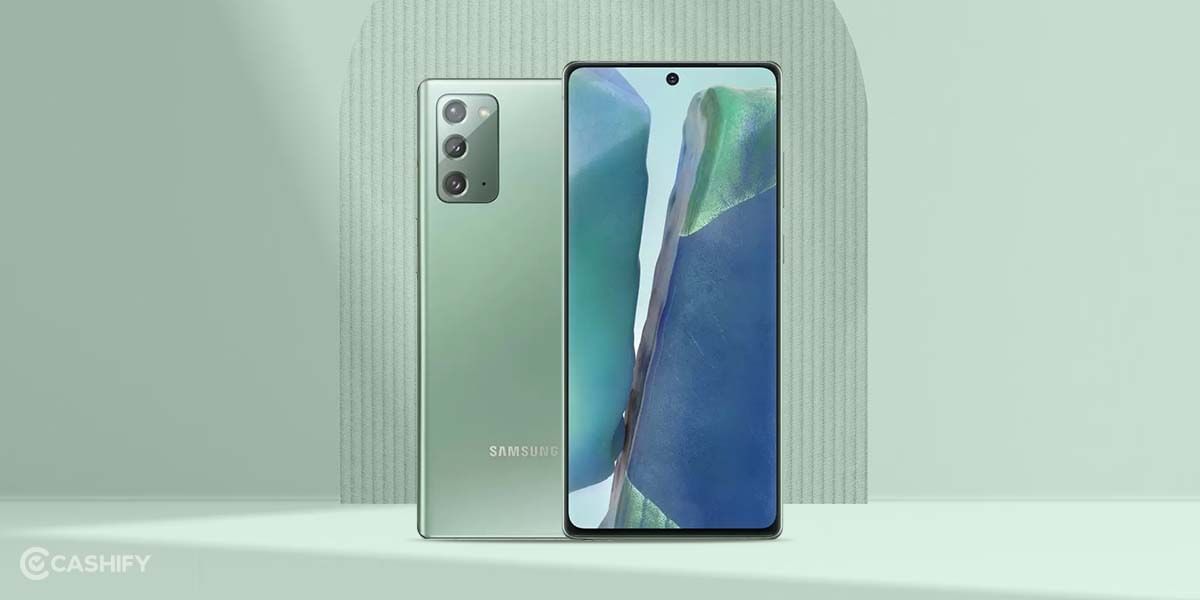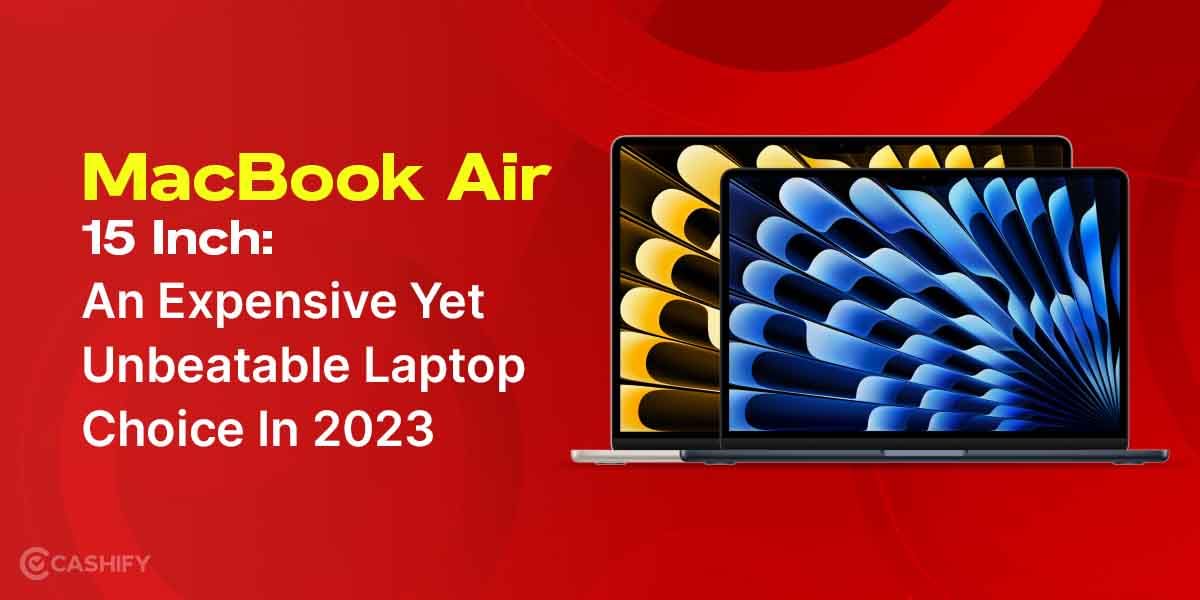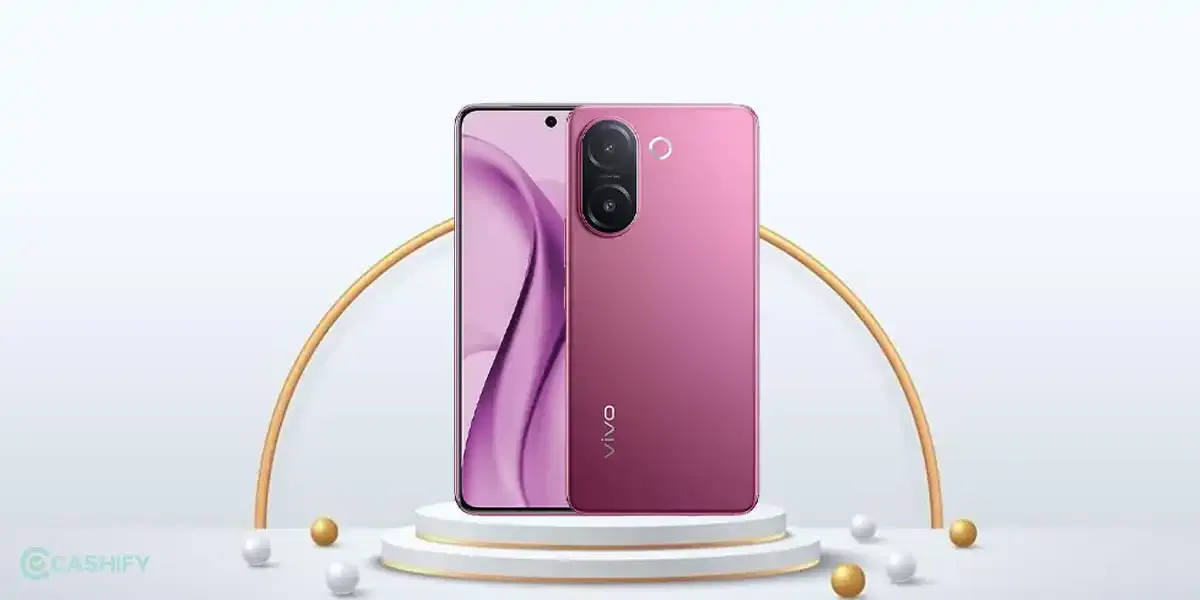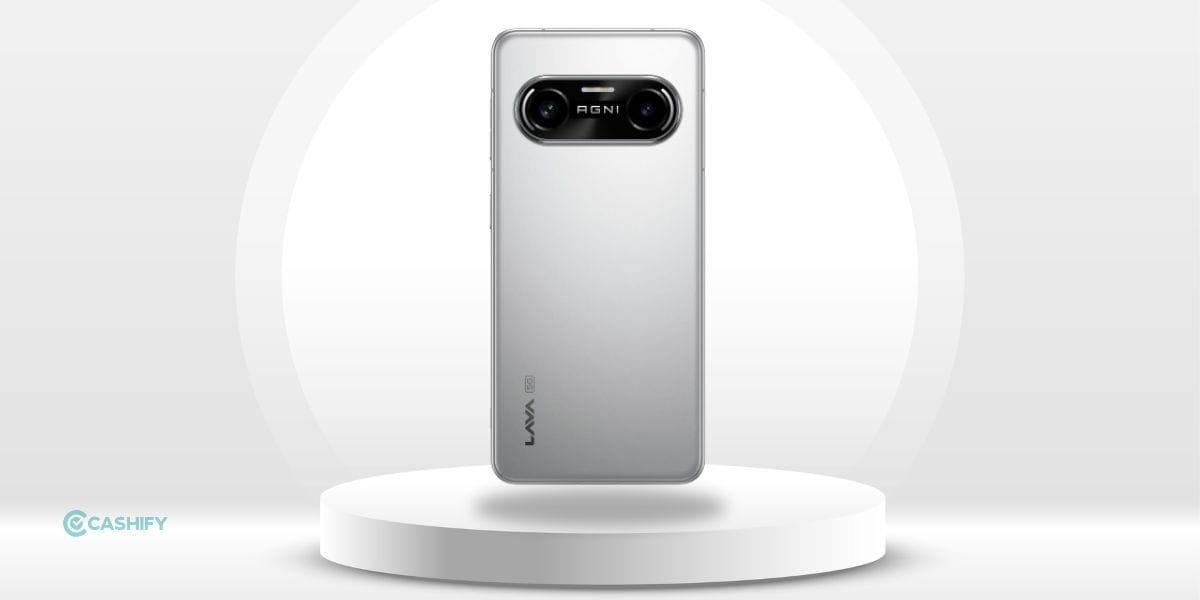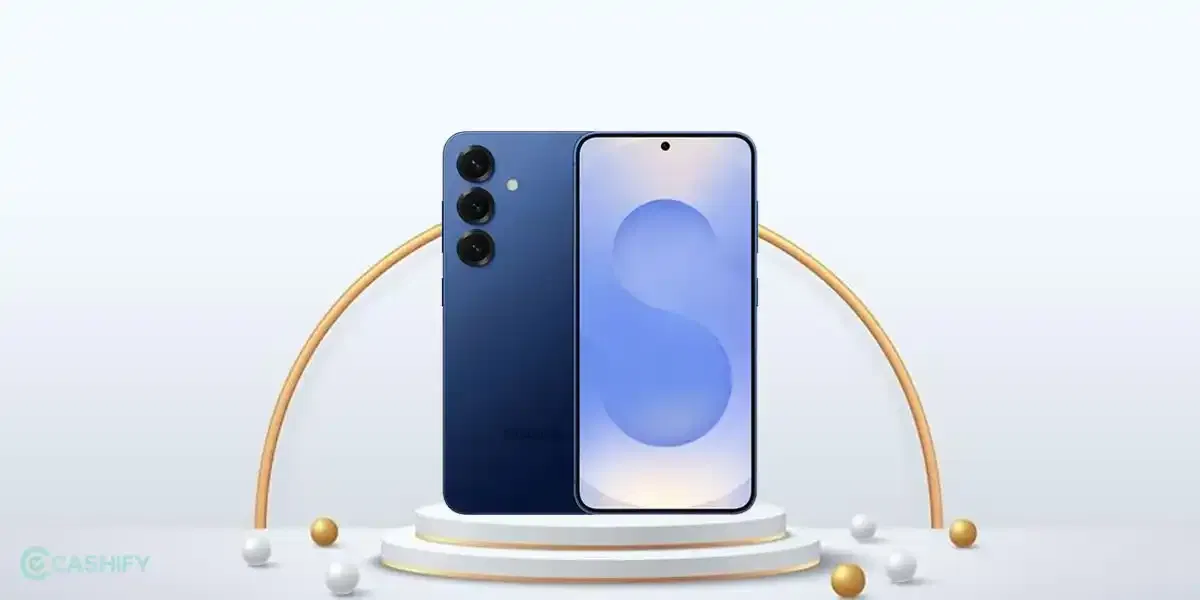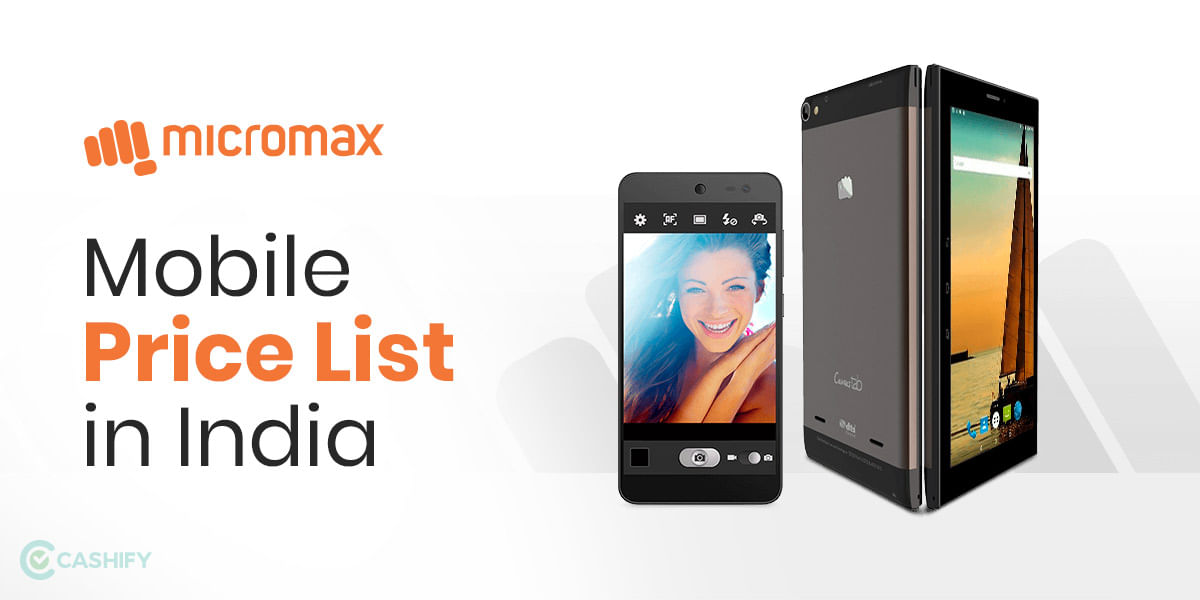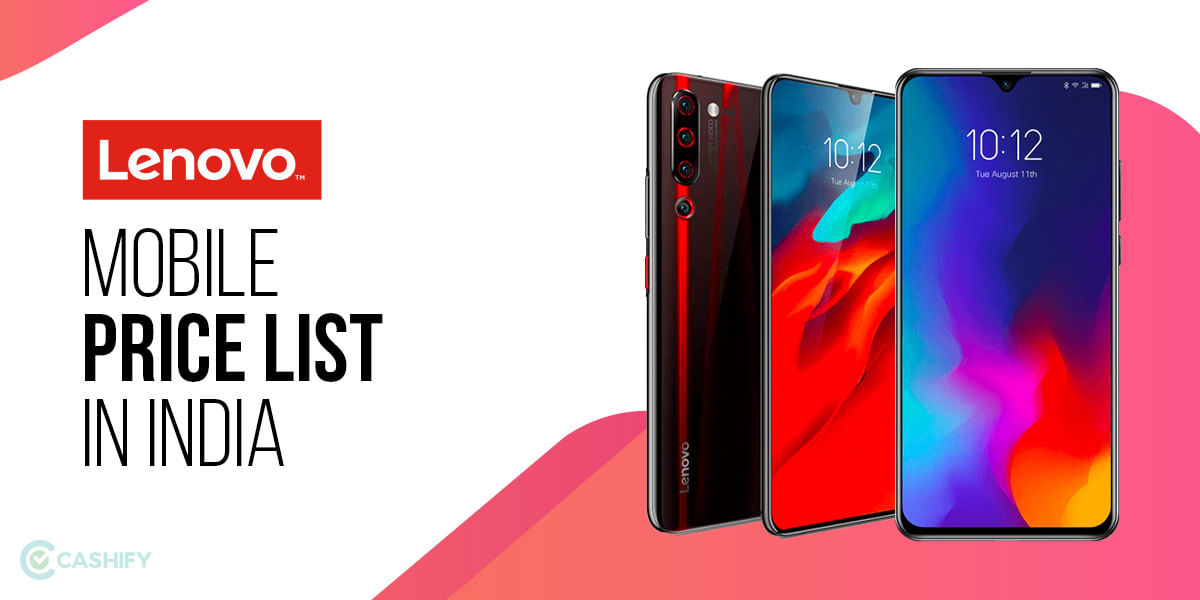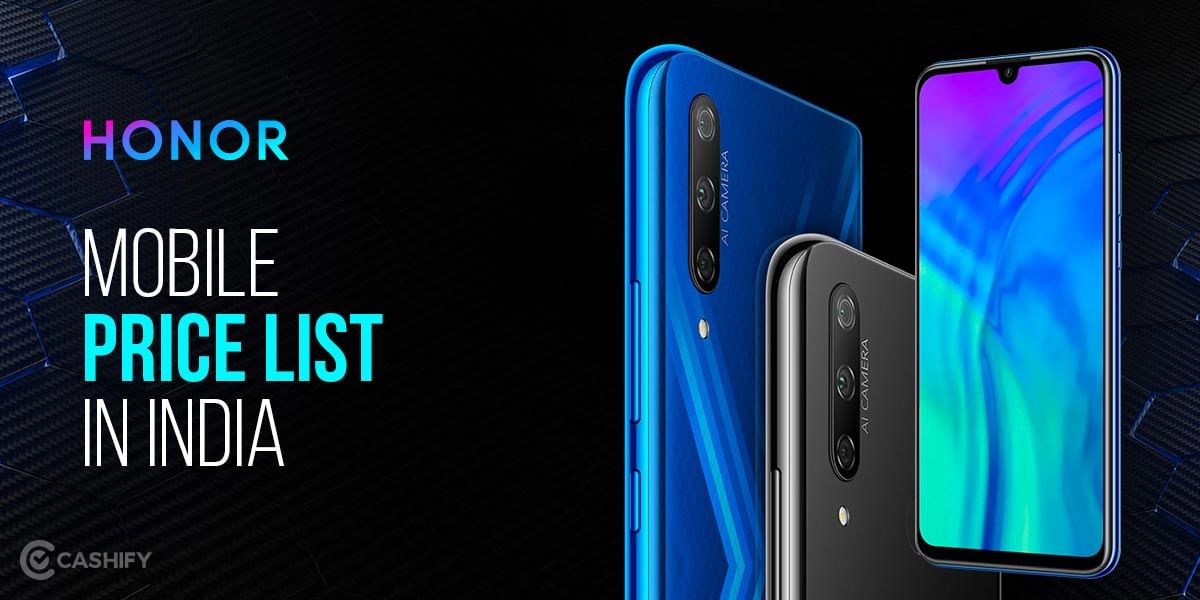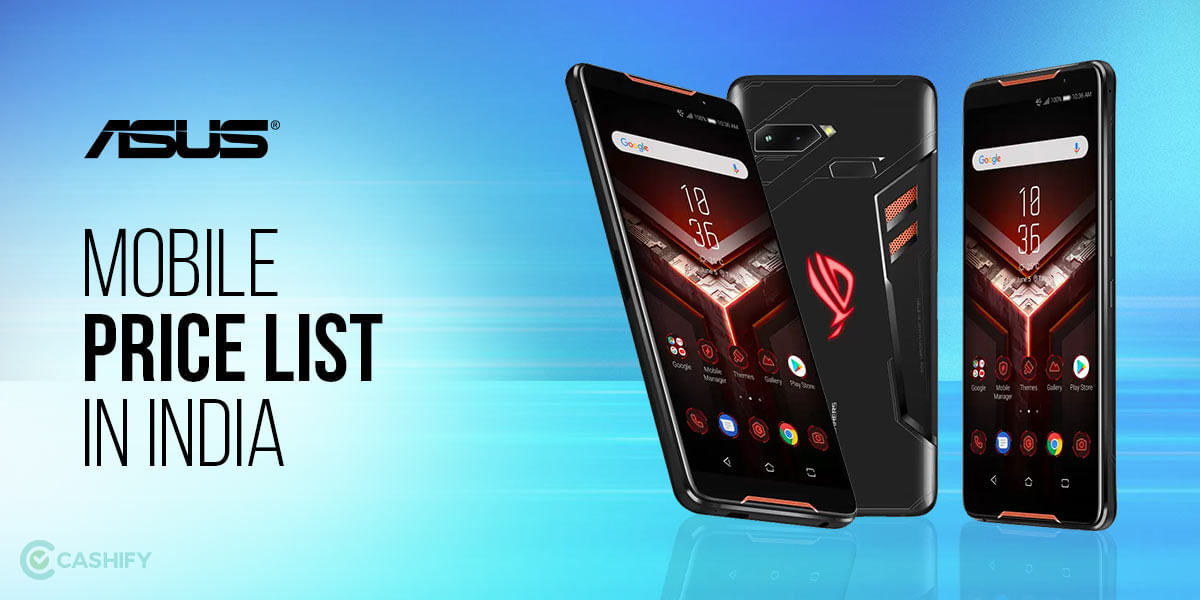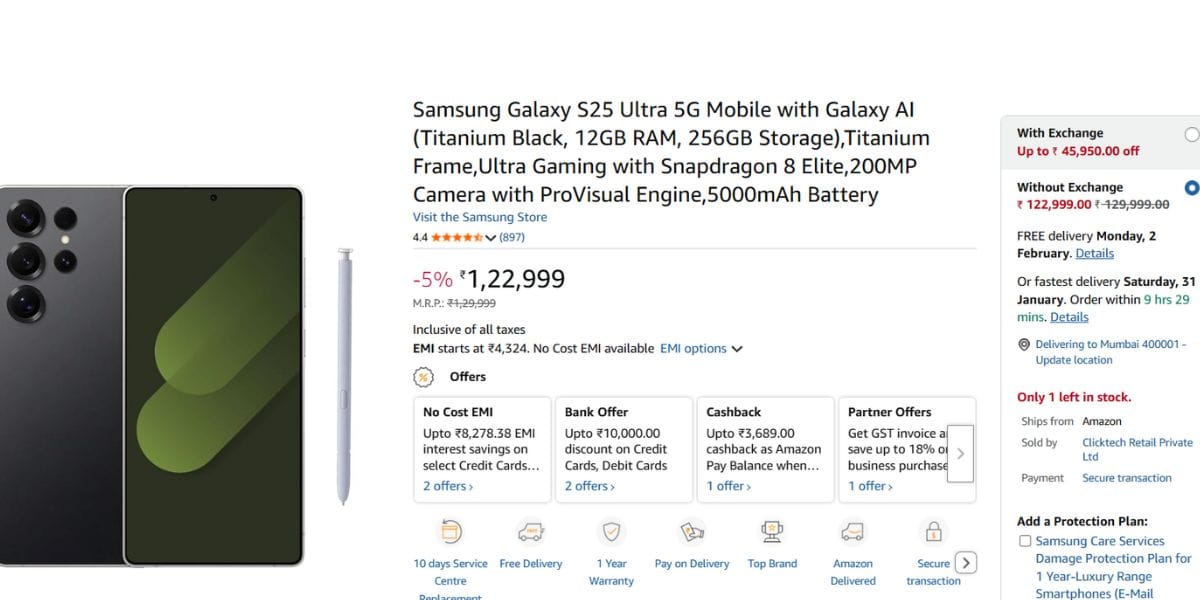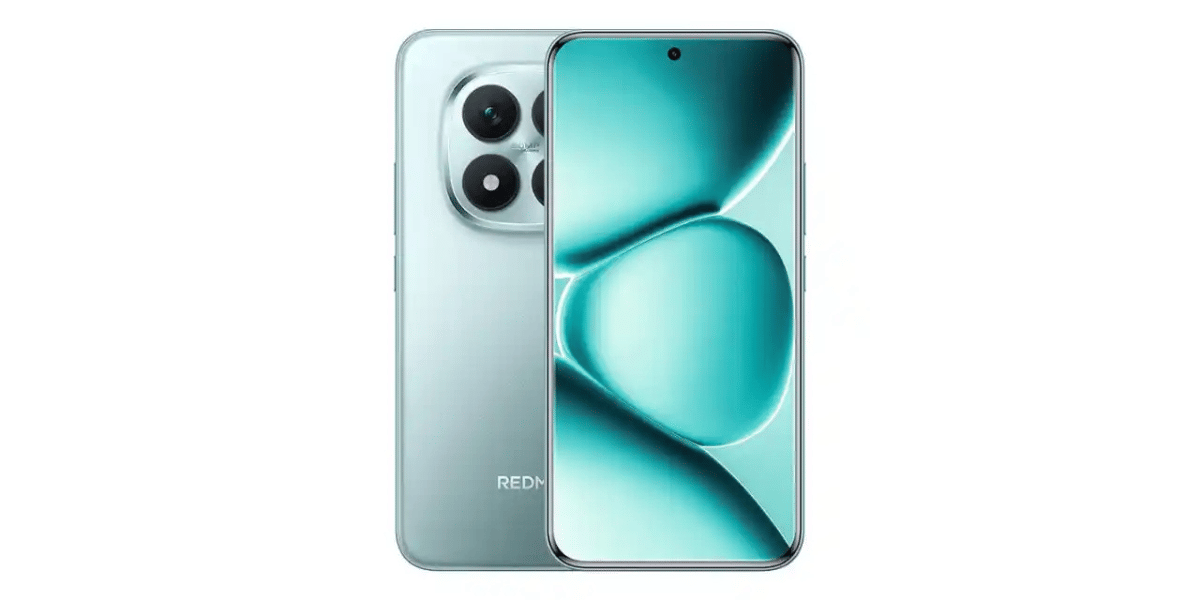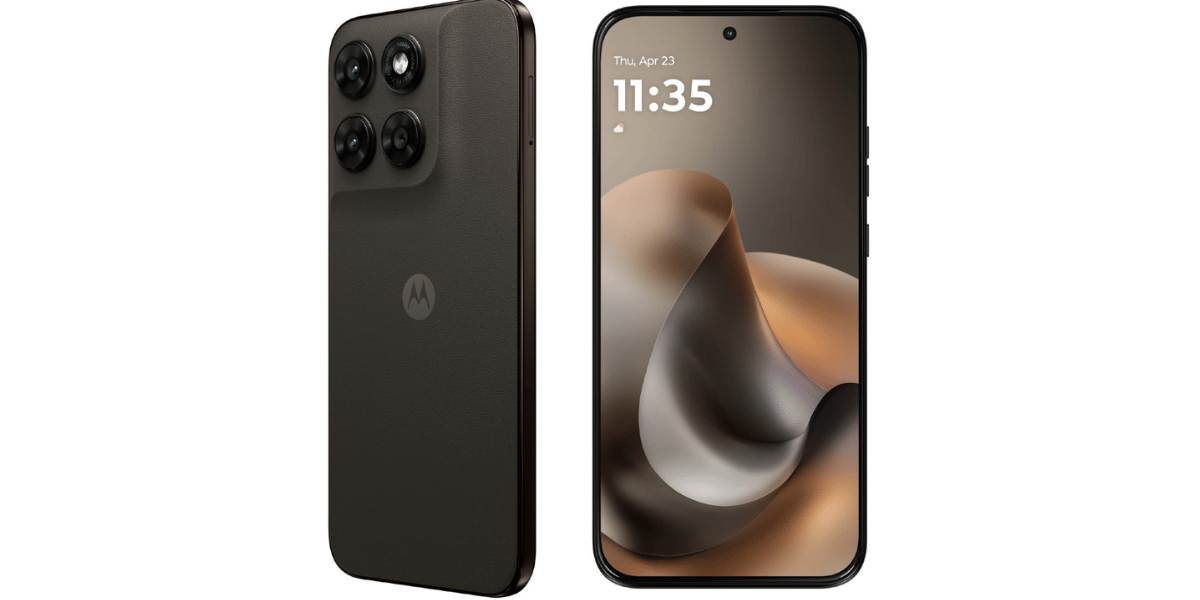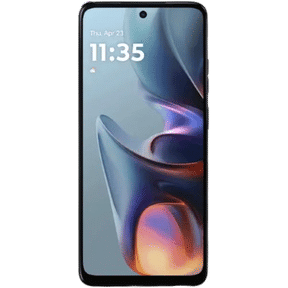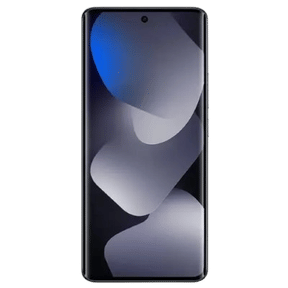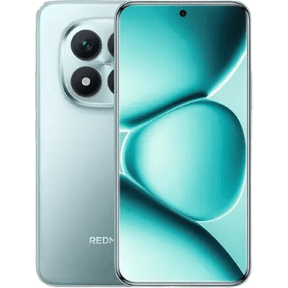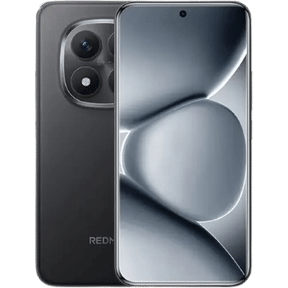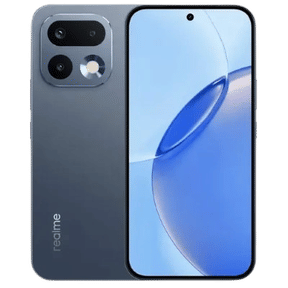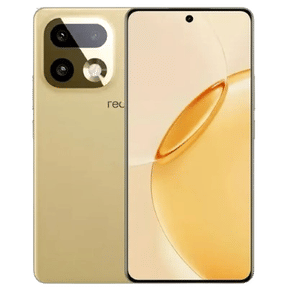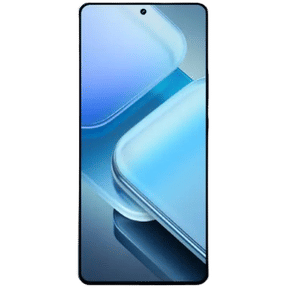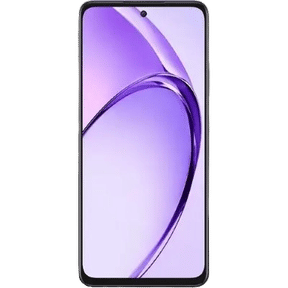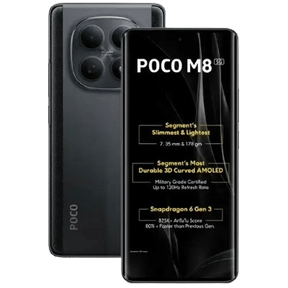In 2025, mid-range smartphones are more powerful than ever, blurring the line between budget and flagship performance. Two chipsets leading this new wave are the Snapdragon 6s Gen 4 vs the Dimensity 7400.
Both promise flagship-like features- from strong AI processing and high refresh rate support to impressive camera capabilities and efficient 4nm manufacturing. But which one truly delivers the best balance of performance, efficiency, and value for money?
Let us explore their specs, performance benchmarks, and real-world usability to find out which mid-range chip is the true winner of 2025.
Also Read: Boost iPhone 17 Photo Quality By Changing These Camera Settings
Snapdragon 6s Gen 4 Vs Dimensity 7400: Specs Overview
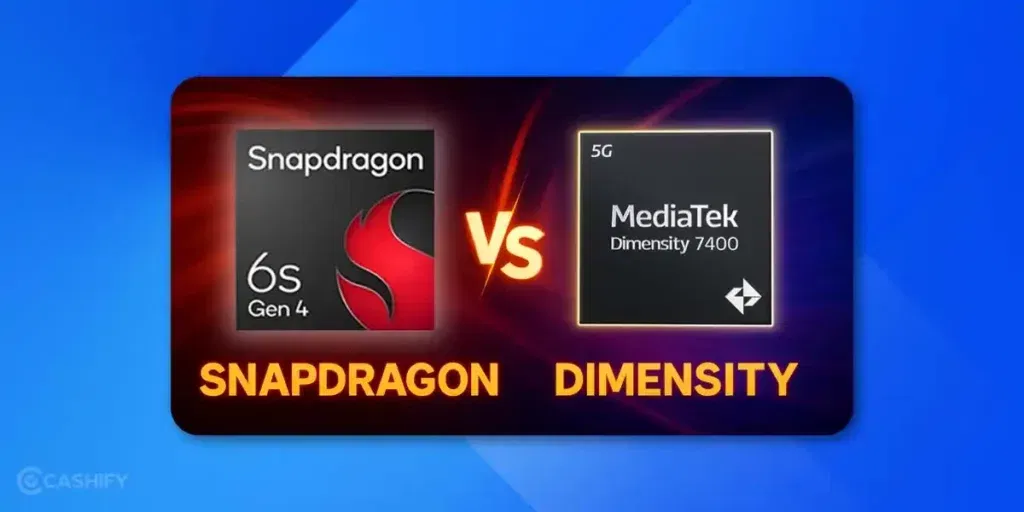
Before comparing how these chips perform in real-world use, here is a quick glance at Snapdragon 6s Gen 4 vs Dimensity 7400 technical specifications:
| Specification | Snapdragon 6s Gen 4 | Dimensity 7400 |
| Architecture | 4x 2.4 GHz- Cortex-A784x 1.8 GHz- Cortex-A55 | 4x 2.6 GHz- Cortex-A784x 2 GHz- Cortex-A55 |
| Cores | 8 | 8 |
| Frequency | 2400 MHz | 2600 MHz |
| Process | 4 nanometers | 4 nanometers |
| GPU Name | – | Mali-G615 MP2 |
| GPU Architecture | – | Valhall 4th Gen |
| Neural Processor (NPU) | Hexagon | MediaTek APU 655 |
| Memory Type | LPDDR5 | LPDDR5 |
| Memory Frequency | 3200 MHz | 3200 MHz |
| Max Bandwidth | 25.6 Gb/s | 25.6 Gb/s |
| Max RAM Size | 12GB | 16GB |
| Storage Type | UFS 2.2 / UFS 3.1 | UFS 3.1 |
| Max Display Resolution | 2520 × 1080 | 2520 × 1080 |
| Max Camera Resolution | 1× 200MP | 1× 200MP |
| Video Capture | 2K at 30FPS, 1K at 60FPS | 4K at 30FPS |
| Video Playback | 2K at 30FPS, 1080p at 60FPS | 4K at 30FPS |
| 5G Support | Yes | Yes |
| Download Speed | Up to 2900 Mbps | Up to 3270 Mbps |
| Upload Speed | Up to 1600 Mbps | – |
| Wi-Fi | 6 | 6 |
| Bluetooth | 5.4 | 5.4 |
| Announced | October 2025 | February 2025 |
| Class | Mid-range | Mid-range |
Snapdragon 6s Gen 4 Vs Dimensity 7400: Features
Both Snapdragon 6s Gen 4 vs Dimensity 7400 chipsets are built on a 4nm process, which means they are efficient and cool under heavy load- great news for gamers and multitaskers. But their focus areas differ slightly.
Snapdragon 6s Gen 4 sticks with Qualcomm’s traditional strengths:
- A reliable Hexagon NPU for AI tasks like scene detection, voice recognition, and background blur.
- Enhanced ISP (Image Signal Processor) for better HDR and low-light camera shots.
- Support for UFS 3.1 storage and LPDDR5 RAM, offering quick app loading and smooth switching.
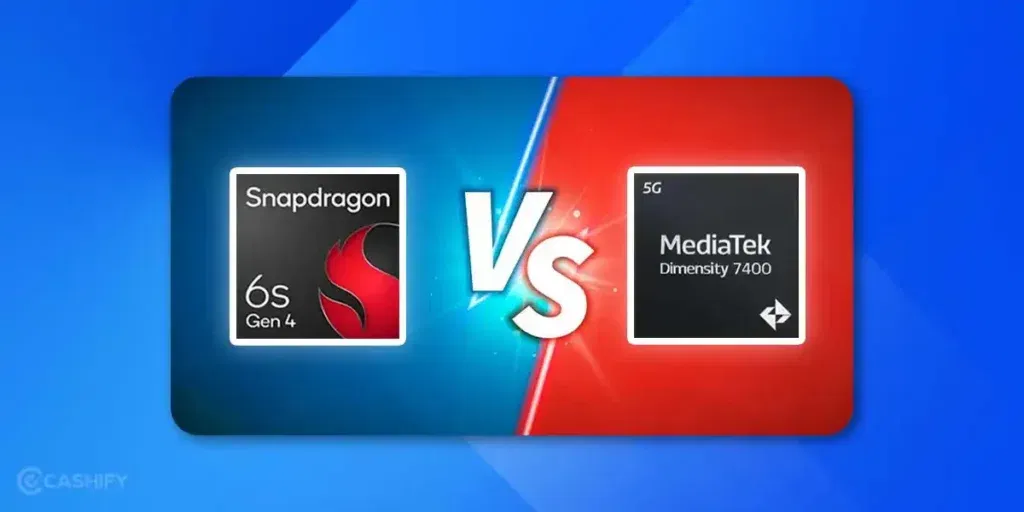
Dimensity 7400, on the other hand, is MediaTek’s attempt to push the mid-range envelope even further:
- It comes with MediaTek’s APU 655, a powerful AI processor that boosts camera processing, voice enhancement, and on-device translation.
- A more advanced Mali-G615 MP2 GPU based on Valhall’s 4th-gen architecture, providing better graphics and energy balance.
- Support for higher RAM capacity (up to 16GB), giving an edge in multitasking and memory-heavy applications.
Overall, Dimensity 7400 feels slightly more future-proof, especially for users interested in gaming and AI-driven photography.
Also Read: Apple iPhone 17 Pro Vs Apple iPhone 16 Pro: Major Changes Explained
Snapdragon 6s Gen 4 Vs Dimensity 7400: Performance
In real-world performance, both Snapdragon 6s Gen 4 vs Dimensity 7400 deliver smooth everyday usage- scrolling, social media, calls, and multitasking feel effortless. But when you start pushing limits with gaming or heavy apps, the differences begin to show.
CPU Power
Both SoCs use the same core structure- Cortex-A78 for performance and Cortex-A55 for efficiency- but the Dimensity 7400 runs at slightly higher clock speeds (2.6GHz vs. 2.4GHz). That gives it a minor edge in raw CPU power.
For tasks like app launching, browsing, and productivity, you’ll barely notice a difference. But in long gaming sessions or CPU-intensive apps, the Dimensity 7400 tends to stay a bit snappier.
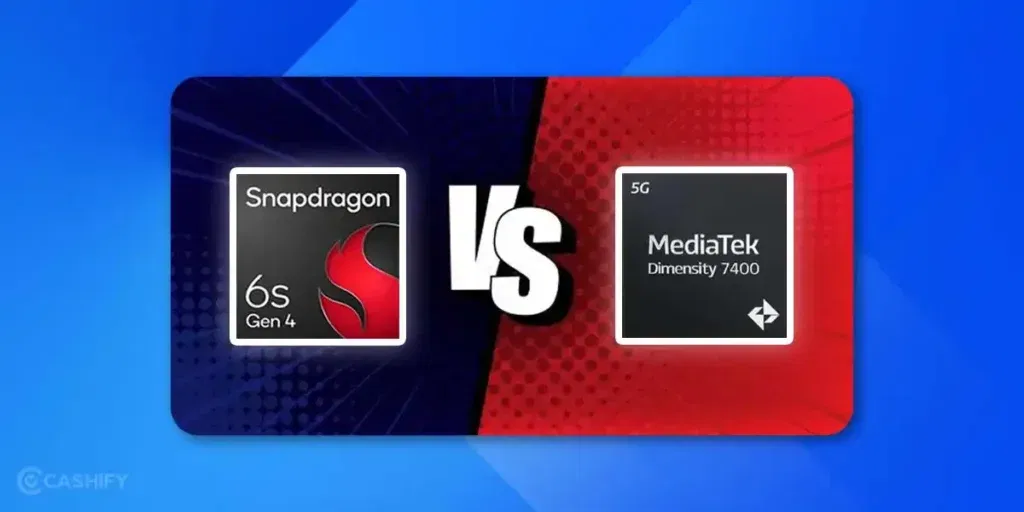
GPU & Gaming
The Snapdragon 6s Gen 4 doesn’t officially reveal its GPU model, but it’s expected to use an Adreno-based GPU, optimized for stability and battery efficiency. Qualcomm GPUs traditionally handle sustained gaming better, especially in thermally constrained phones.
The Dimensity 7400, with its Mali-G615 MP2 GPU, offers higher peak performance. It handles demanding titles like Genshin Impact and Call of Duty Mobile at smoother frame rates, though it can run hotter after prolonged use.
So:
- Casual gamers may prefer the Snapdragon’s stability.
- Performance enthusiasts might lean toward the Dimensity for sheer GPU muscle.
Connectivity & 5G
Both support 5G networks, Wi-Fi 6, and Bluetooth 5.4. However, Dimensity 7400 supports slightly faster download speeds (up to 3270 Mbps).
It is a small difference in numbers, but MediaTek’s modem efficiency continues to impress- especially for users in regions with strong 5G infrastructure.
Snapdragon 6s Gen 4 Vs Dimensity 7400: Benchmark Scores
Benchmarks are not everything, but they help visualize the raw performance differences between the Snapdragon 6s Gen 4 vs Dimensity 7400 chips.
| Benchmark | Snapdragon 6s Gen 4 | Dimensity 7400 | Difference |
| AnTuTu 10 | 543,361 | 738,359 | +36% |
| Geekbench 6 (Single-Core) | 1008 | 1033 | +2% |
| Geekbench 6 (Multi-Core) | 2479 | 2949 | +19% |
From these results, it’s clear that Dimensity 7400 outperforms the Snapdragon 6s Gen 4 in most categories- particularly in AnTuTu and multi-core performance.
That means faster app launches, better multitasking, and smoother overall responsiveness in daily use.
However, benchmark numbers don’t always reflect thermal performance or battery life- areas where Qualcomm chips often shine.
Choose Snapdragon 6s Gen 4 If:
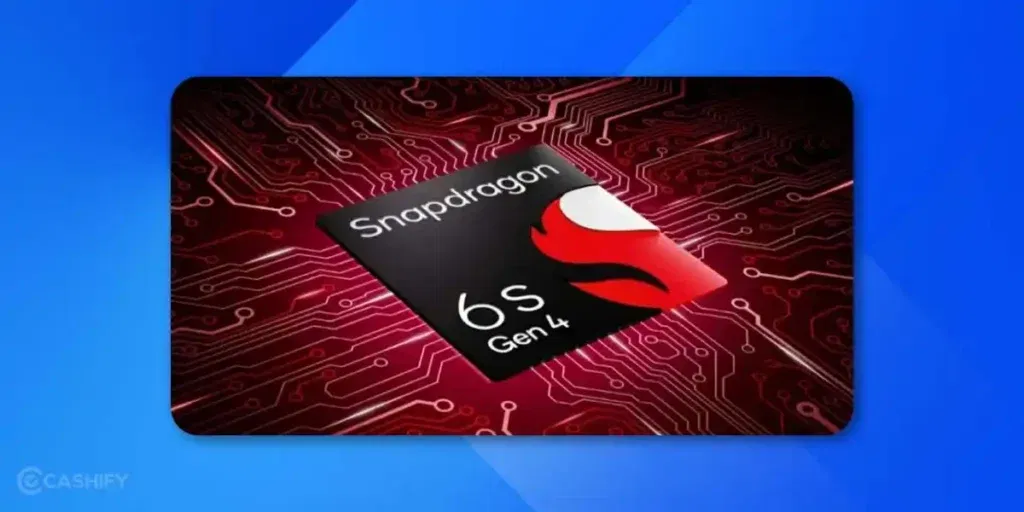
The Snapdragon 6s Gen 4 might not top the charts, but it’s an incredibly well-balanced mid-range chipset. Choose this one if you value:
- Long battery life- Qualcomm chips are usually more power-efficient during long-term use.
- Stable gaming- Slightly less powerful than the Dimensity, but it stays cooler during extended play sessions.
- Camera optimization- The Hexagon NPU and Qualcomm’s ISP often deliver more consistent photo results across brands.
- Better software support- Snapdragon-powered phones often receive longer and more optimized Android updates.
- Reliable network performance- Especially in North America, Snapdragon modems are still the gold standard for carrier compatibility.
If you want a dependable performer that focuses on stability, image quality, and thermal control, the Snapdragon 6s Gen 4 is a smart choice.
Choose Dimensity 7400 If:
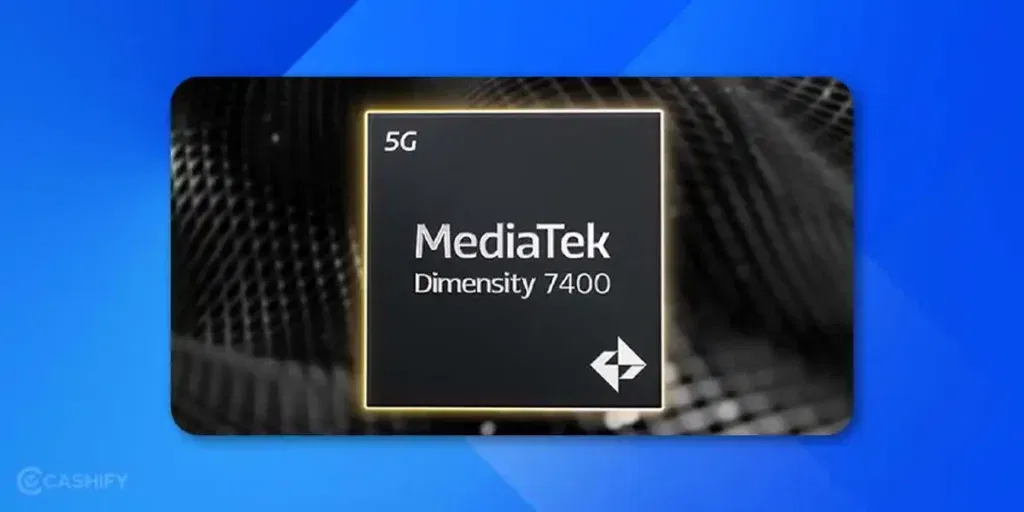
The Dimensity 7400 is MediaTek’s statement that mid-range phones can rival flagships. You should pick it if you care about:
- Higher performance- It leads in both CPU and GPU power, scoring significantly higher in benchmarks.
- Better gaming visuals- Mali-G615 MP2 delivers sharper graphics and higher frame rates.
- Advanced AI features- The APU 655 enables superior scene detection, voice processing, and real-time background optimization.
- Larger memory support- Up to 16GB RAM support makes it more future-ready for multitasking and app-heavy users.
- 4K video capture and playback- Perfect for creators who shoot or stream high-resolution videos.
If you want a performance-first midrange phone that feels almost flagship-grade, the Dimensity 7400 is hard to beat.
Also Read: Apple A19 Pro Vs A18 Pro: Upgrades You Should Know
Final Thoughts
The Snapdragon 6s Gen 4 vs Dimensity 7400 represent two different philosophies in mid-range chip design.
- Qualcomm focuses on efficiency, camera quality, and user stability.
- MediaTek pushes performance, features, and AI processing to new heights.
In pure numbers and benchmark results, Dimensity 7400 takes the crown- offering around 30–35% more performance across most categories. Its 4K video capability, faster clock speeds, and advanced AI engine make it the stronger choice for power users and gamers.
However, the Snapdragon 6s Gen 4 still delivers an excellent experience, especially for users who prioritize battery efficiency, thermals, and consistent photo quality. For long-term reliability and balanced performance, it remains one of the best value chips in Qualcomm’s lineup.
- Best for power users and gamers: Dimensity 7400
- Best for balanced everyday use: Snapdragon 6s Gen 4
No matter which one you choose, it is clear that 2025 is shaping up to be a golden year for mid-range smartphones- where affordable devices offer performance that once belonged only to premium flagships.
Frequently Asked Questions
Is the Snapdragon 6s Gen 4 good for gaming?
Yes, the Snapdragon 6s Gen 4 handles gaming quite well for a mid-range chip. Its 4nm process, efficient cores, and capable Adreno GPU allow smooth gameplay in popular titles like PUBG and Call of Duty Mobile. It’s not a flagship performer, but it offers consistent, stable gaming without overheating or heavy battery drain.
Is Dimensity 7400 a good processor?
Absolutely. The Dimensity 7400 is a powerful mid-range processor built for performance and efficiency. With its 4nm design, strong CPU cores, and Mali-G615 GPU, it delivers fast multitasking, great gaming, and smooth everyday use. It also supports advanced AI and 4K video, making it one of the best chips in its price category.
What processor is similar to Dimensity 7400?
The Snapdragon 6s Gen 4 is the closest match to the Dimensity 7400. Both are built on 4nm technology, have similar core structures, and target mid-range smartphones. They offer balanced performance, 5G support, and efficient power management. The Dimensity 7400 is slightly stronger in graphics, while Snapdragon 6s Gen 4 focuses on stability and battery life.
If you’ve just bought a new phone and don’t know what to do with your old phone, then here’s your answer. Sell old mobile to Cashify and get the best price for it. If you are planning to buy a new phone, check out Cashify’s refurbished mobile phones. You can get your favourite phone at almost half price with Six-month warranty, 15 days refund and free delivery.





